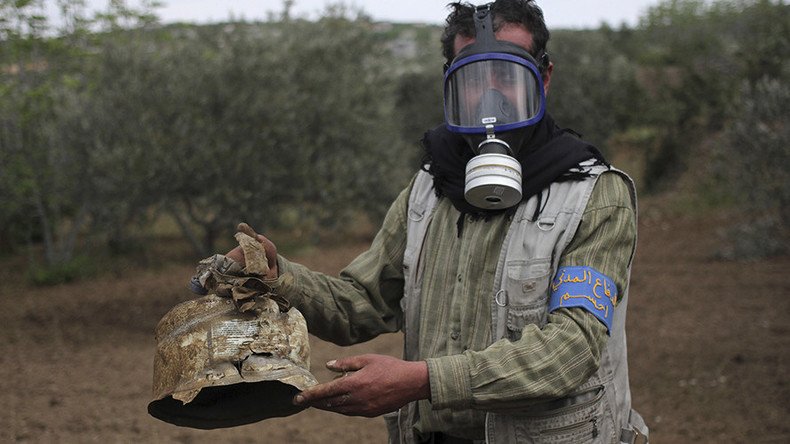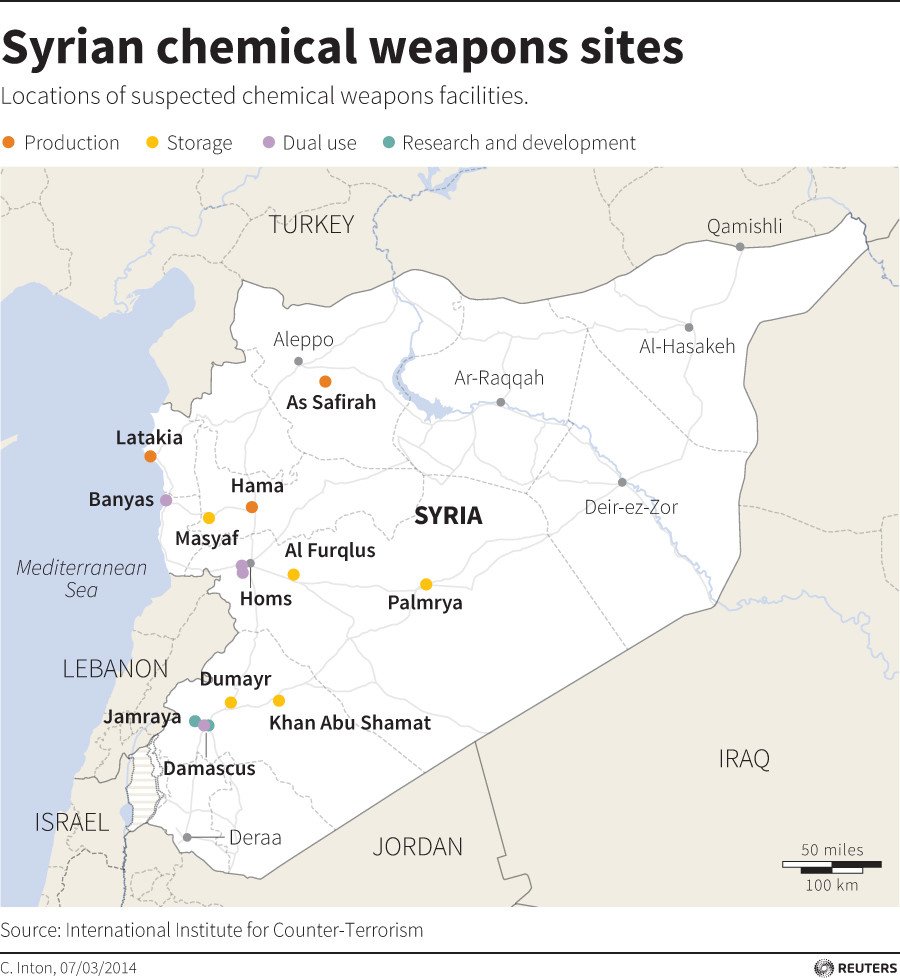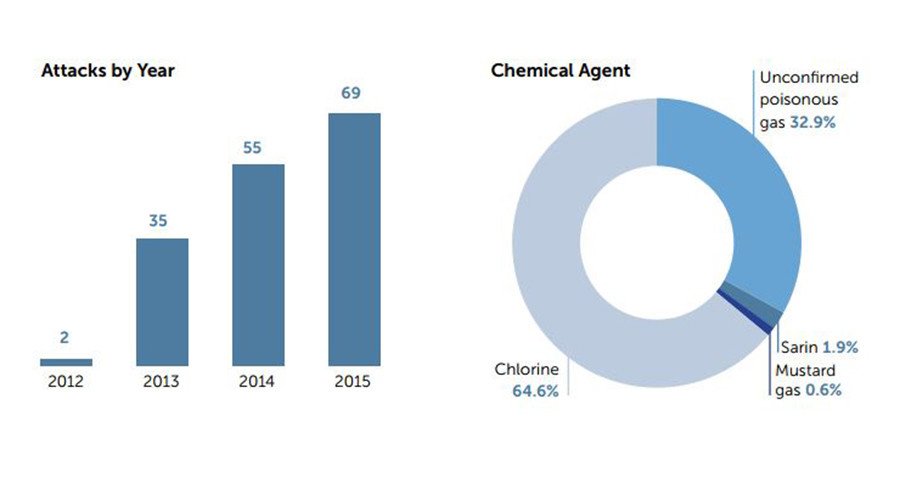Syria ‘carnage’: Report shows 161 poison gas attacks since outbreak of conflict

Since the beginning of the Syrian civil war at least 1,491 people have died in attacks where poisonous and asphyxiating agents such as sarin, chlorine and mustard gas were used, according to an aid agency report.
Violence in the country has been ongoing since 2011, as rival rebel and terrorist factions continue to battle government forces for control of the region.

In a report detailing first hand accounts of “horrific” human rights violations, the Syrian American Medical Society (SAMS) says 161 chemical weapons attacks occurred in the country up to 2015.
SAMS says a further 133 chemical assaults “could not be fully substantiated”.
The charity has counted about 14,581 injuries from chemical exposure, with weapons such as sarin missiles and chlorine gas bombs reportedly hitting rural and civilian areas.

It indicates that chemical warfare has been on the rise in the nation since 2012, with the number of incidents rising from 2 to 69 last year.
The attacks, which constitute a war crime under the 1949 Geneva Convention, come despite the UN passing a 2013 resolution to destroy stockpiles of poisonous gases.

Released Monday, the SAMS report is based on eyewitness accounts by doctors and health workers treating casualties in the war-torn area.
READ MORE: War made easy: Helpful, ‘simple’ color chart ‘explains’ Syria conflict
Writing in the report, former UN human rights expert Mahmoud Cherif Bassiouni said it was “shocking” and “incredible” the UN Security Council has “not taken stronger steps to intervene and stop the carnage.”
The authors of the document say they hope its contents can be used at any future war crimes tribunals, similar to the proceedings witnessed after World War II and the genocide in Rwanda in the 1990s.












